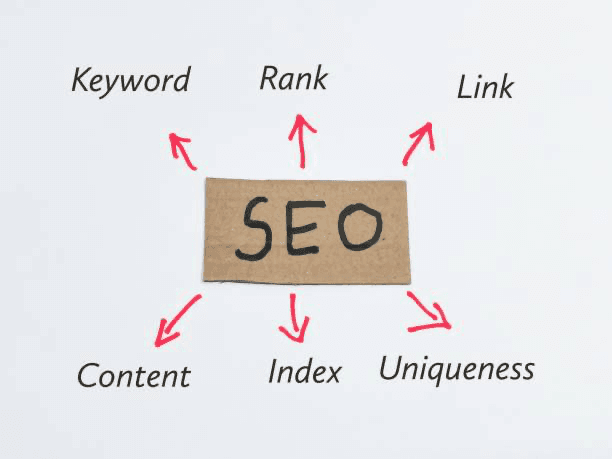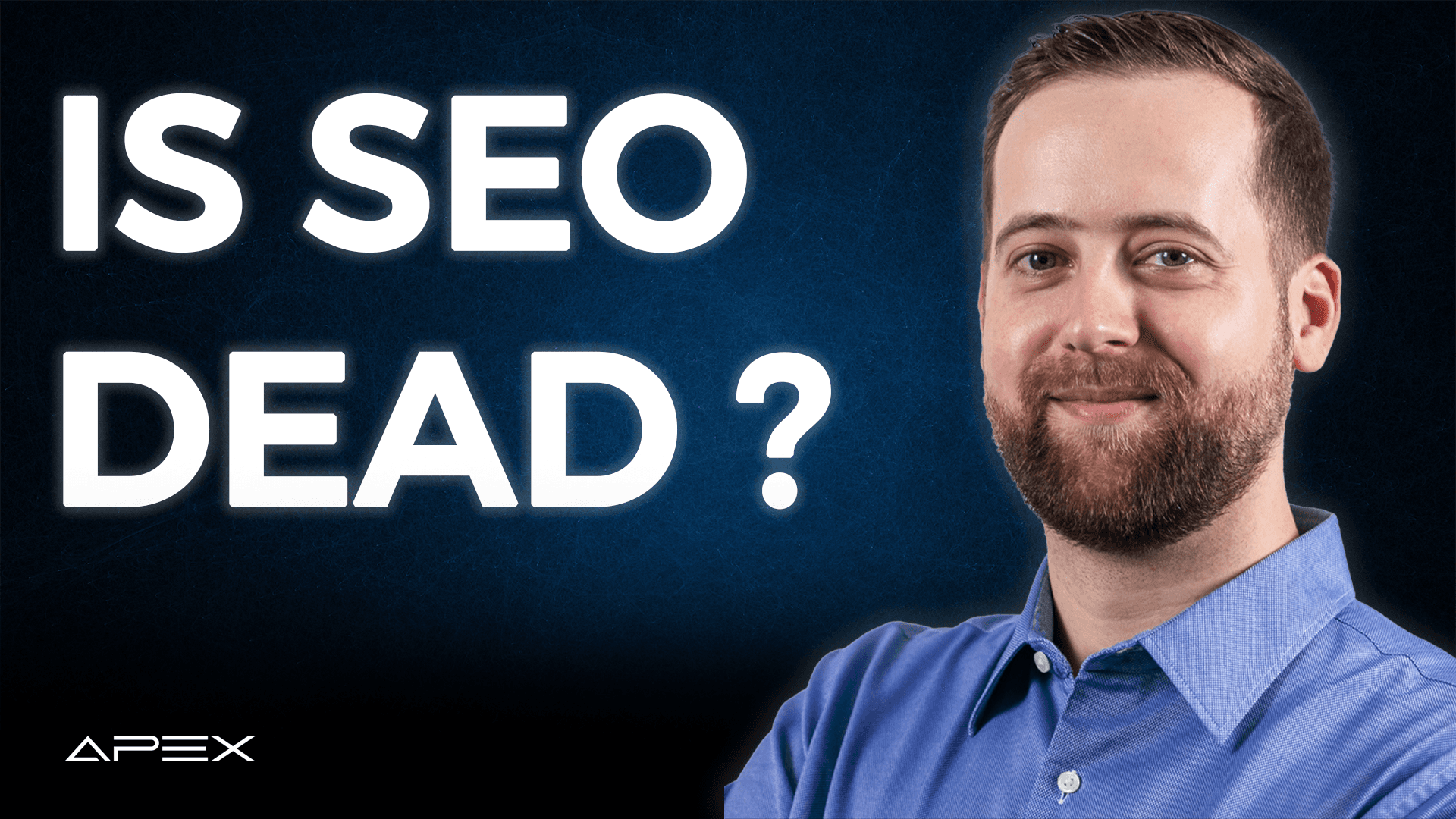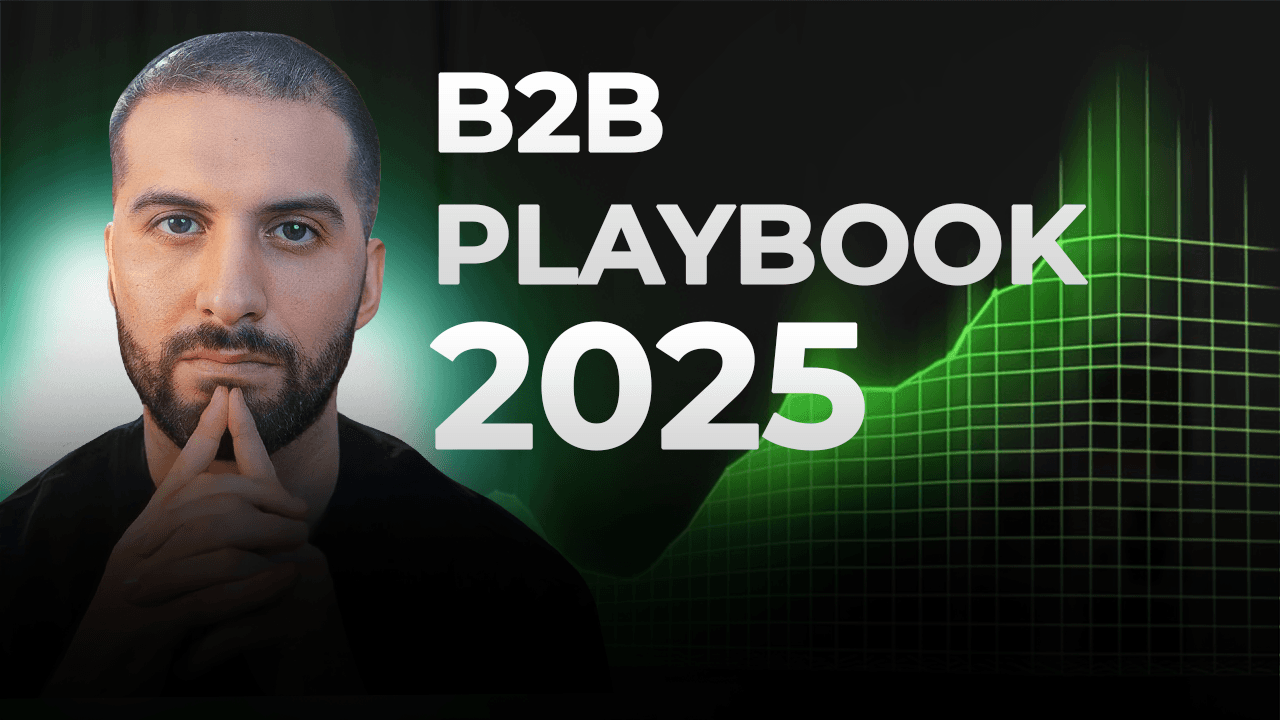In recent years, SEO has evolved dramatically, and with the introduction of generative AI optimisation (GAIO), many are wondering: is traditional SEO dead?
Not quite.
In fact, SEO is more important than ever—but it’s changing in ways that require businesses to adapt. Let’s explore how SEO has evolved, the impact of generative AI, and the strategies you need to stay ahead.
The Evolution of SEO: From Forums to Professionalisation
When SEO first emerged, it was dominated by individuals using clever tactics in small forums. Back then, one person could manipulate search engines to rank highly for certain keywords. However, those days are long gone. Today, large companies dominate competitive search terms, and the SEO industry has become highly professionalized.
With Google's development and outreach to webmasters, SEO shifted from a trick-based practice to a more complex, user-focused discipline. While the tactics of the past might have worked for a while, modern SEO focuses on providing value to users, not just search engines. And with the rise of AI, this shift is becoming even more important.
What Is Generative AI Optimisation (GAIO)?
Generative AI Optimisation (GAIO) refers to the practice of optimising content and digital assets to ensure they are favourably processed, ranked, and utilised by generative AI models like ChatGPT, Google's Search Generative Experience (SGE), and other large language models (LLMs).
Unlike traditional SEO, which focuses on ranking highly in search engine results pages (SERPs), GAIO is about positioning your content to be featured in AI-generated responses, where AI systems curate information from vast data sources to answer user queries. Simply put, brands must focus on how they can also rank favorably in AI-driven search results, such as those generated by ChatGPT and other AI models.
About a year ago, Andy Wilson, CEO of Logikcull, was surprised when a new customer mentioned they had discovered his company through ChatGPT. Logikcull provides software for "legal discovery," a critical process where law firms and legal departments sift through vast amounts of documents to uncover key information for investigations and legal cases. Given the high value of this information, legal professionals are willing to invest significantly in tools that streamline the process. With an average annual contract value of $28,000, Logikcull’s service demonstrates the importance of efficient legal discovery solutions. AI-powered tools like ChatGPT are already playing a role in connecting high-value customers to such specialized services, with Logikcull seeing leads driven by ChatGPT that have generated up to $100,000 in monthly revenue.
A deep understanding of the training data and sources used by these AI chatbots and generative models is critical to influencing a brand's visibility and recommendations. ChatGPT’s responses, for instance, are based on a variety of sources such as books, websites, and other digital content collected up to a specific point in time. As these LLMs are built on vast datasets, their responses are drawn from trusted sources across the internet, emphasising the importance of brand authority. Marketers need to understand what types of content and sources are favoured by these models to adjust their strategies accordingly.
While the fundamentals of SEO—writing high-quality, user-focused content—remain relevant, GAIO brings new challenges. Instead of just optimising for search engine crawlers, businesses must now think about how their content interacts with AI tools that generate search responses.
A concrete example is optimising content for Google's E-E-A-T principles (Experience, Expertise, Authoritativeness, Trustworthiness). By developing content that meets these criteria, brands increase the likelihood of their content being used as training data by AI models, which in turn improves their visibility and recommendations. This understanding can significantly influence how brands are perceived and ranked in AI-generated answers.
How AI Is Changing SEO
The rise of AI has brought significant changes to SEO practices. Here are the key ways AI is changing the landscape:
1. Writing for Users, Not Search Engines
In the early days, writing for search engines meant stuffing keywords into every corner of a page to rank highly. Today, the focus has shifted entirely toward developing content that addresses user needs. Search engines like Google now prioritise user experience, and AI models do the same.
2. Competing with AI-Generated Content
With generative AI tools like ChatGPT producing content at scale, the internet is being flooded with AI-written articles. However, simply using AI to generate content won’t cut it. Google and other search engines are actively filtering out low-quality, AI-generated material in favour of content made by real humans with real expertise.
Furthermore, Marketers must be aware of "negative LLMO" tactics, where competing brands could actively manipulate AI models to associate rival companies or products with negative attributes. This type of malicious strategy involves influencing the training data that AI models like ChatGPT rely on by injecting biased or misleading content into widely used sources, such as news articles, blogs, or user-generated content platforms like Reddit.
For example, if a brand were to flood AI training data with negative associations linking a competitor’s product to poor quality or customer dissatisfaction, the AI system could begin to reflect these negative connotations in its generated responses. This could result in significant reputation damage for the targeted brand, as AI-generated content is increasingly used by consumers to inform purchasing decisions. Such tactics could shift brand perception over time, making it critical for companies to actively monitor and defend their digital presence across various content platforms that feed into AI models.
3. Building Authority Matters More Than Ever
As search engines and AI models aim to surface authoritative content, businesses must focus on becoming trusted sources in their fields. This means going beyond SEO tricks and building a brand that others in your industry regularly reference and trust. Press mentions and trusted media citations are essential in both SEO and LLMO, as media sources are heavily weighted by AI models.
Best Practices for GAIO Success
Optimising for generative AI and SEO simultaneously requires a blend of traditional SEO practices and new AI-focused strategies.
1. Understand User Intent
Content must match the user’s needs. For simple queries, a brief, concise answer may suffice. For more complex topics, you may need multimedia elements such as videos, slideshows, or interactive tools. Think about how users are engaging with your content and act accordingly.
2. Write for Authority
AI models pull from trusted sources. Building a reputation as an expert in your field is essential to ensure your content gets featured in AI-generated answers. Focus on becoming an authority through strong digital PR efforts and being referenced in high-authority websites and news outlets. Gaining traction on community-driven platforms like Reddit can also amplify your brand’s presence within LLM models.
3. Use Executive Summaries
AI models, particularly LLMs, love concise content. Adding a clear executive summary to your articles increases the chances that your content will be used in AI-generated responses, especially in features like Google's AI-powered Search Generative Experience (SGE).
4. Optimise for AI-Friendly SEO
SEO best practices still apply, but new factors have emerged. Lightweight, fast-loading pages with minimal JavaScript are essential for getting your content picked up by AI models in real-time. Adding authoritative quotes, pro/con lists, and proper citations also increases your content’s credibility in AI-driven search engines. Integration into highly-ranked online forums and lists (like "best of" comparison articles) can also boost LLM-based rankings.

The Role of Digital PR and Branding in GAIO
With AI tools pulling data from across the web, it’s no longer enough to optimise your own site. To rank well in both search engines and AI models, you need a robust online presence through digital PR and external content placements. Building high-quality backlinks, being referenced on authoritative sites, and even getting featured on Reddit (which is used as a data source for some AI models) can boost your visibility.
For example, if your company wants AI models to understand that you make the best running shoes, you’ll need more than just a strong website—you’ll need mentions on trusted news sites, Wikipedia references, and mentions in forums like Reddit. This means PR and branding efforts are now integral to SEO and GAIO.
Ethical Considerations and the Future of GAIO
As with any powerful technology, AI optimisation comes with ethical challenges. Manipulating AI models to rank poorly for competitors or injecting biased information into AI training data are real risks. However, the developers of these models, like OpenAI and Google, are aware of these risks and are implementing safeguards.
Looking ahead, generative AI is poised to play a larger role in how we search and consume content. While search engines still dominate the landscape, AI-driven search engines will gradually take on more importance. Businesses that embrace AI alongside traditional SEO will have a significant advantage.
Conclusion
SEO isn’t dead—it’s evolving. Generative AI optimisation (GAIO) is the next step in this evolution, and while the basics of SEO remain, the game has changed. As AI tools become more sophisticated, businesses must adapt by focusing on high-quality, user-centric content, building authority, and integrating PR efforts with SEO. The future of SEO lies in blending the best practices of the past with the innovations of the present, ensuring your content ranks well both on search engines and within AI-generated responses.
For deeper insights into SEO and Generative AI Optimisation (GAIO), check out the full interview with Malte Landwehr, a seasoned expert with over 20 years of experience in the field. As the Head of SEO at Idealo, Europe’s top price comparison website, Malte brings a wealth of knowledge and forward-thinking strategies, making him a true thought leader in both SEO and AI-driven optimisation techniques.
Don’t miss out - keep educating yourself.
Jousef Murad (Founder of APEX)

Jousef Murad
Founder of APEX




